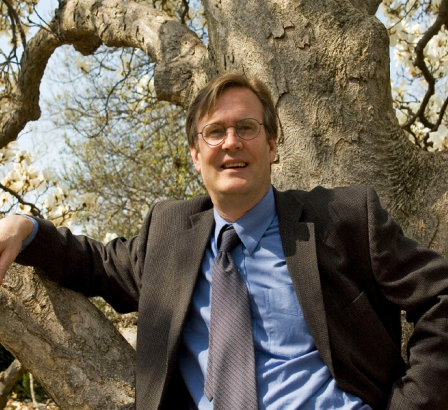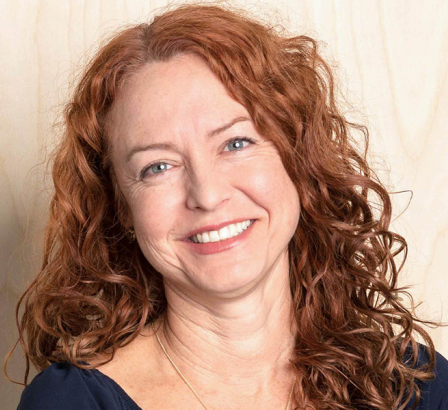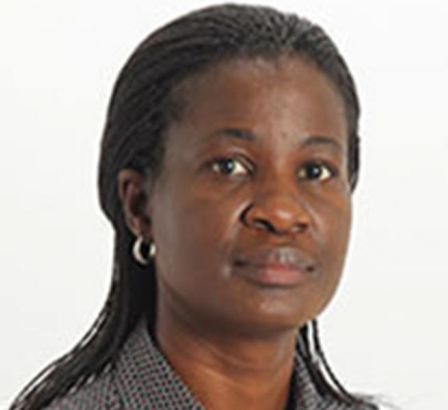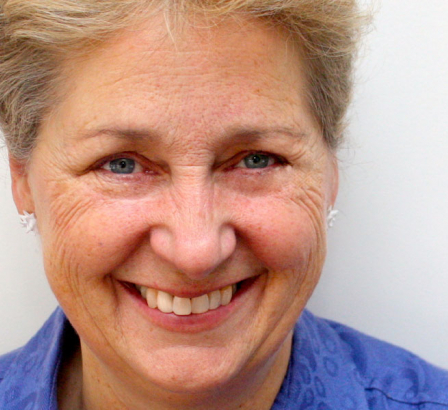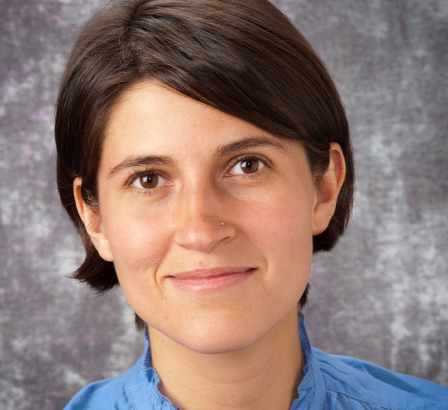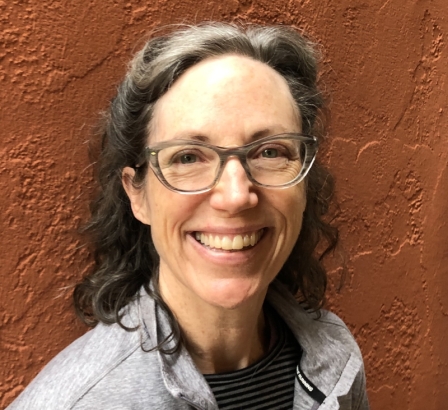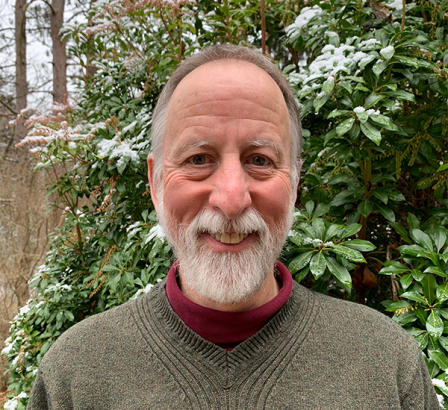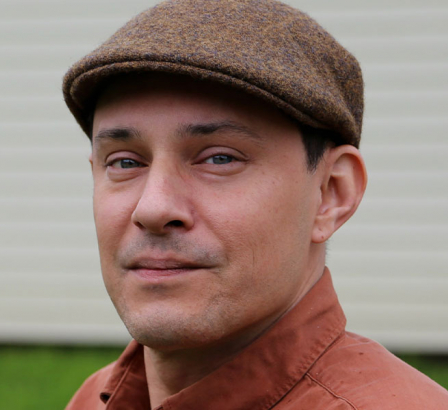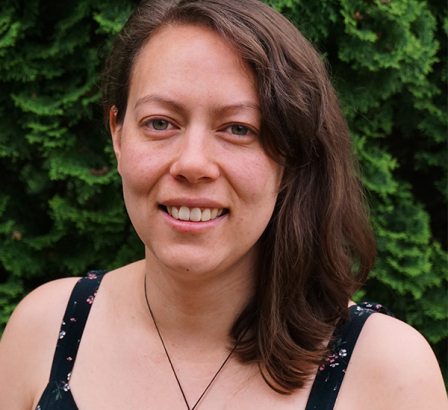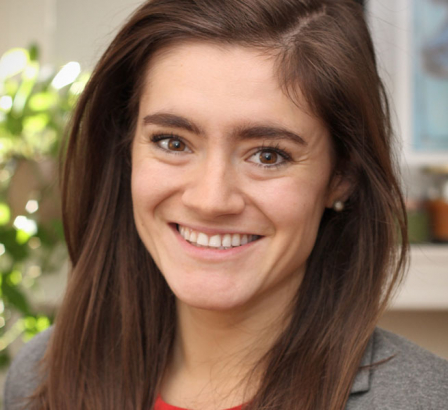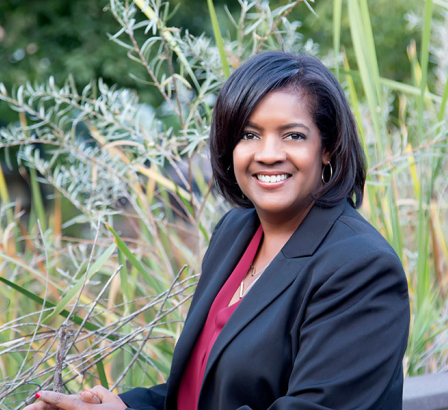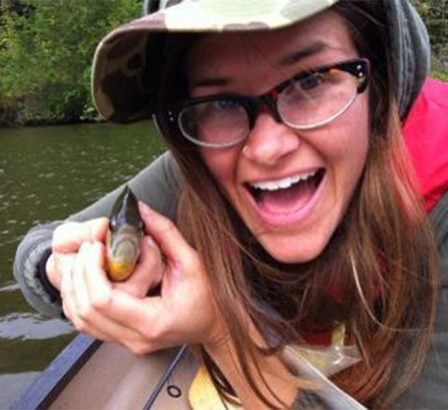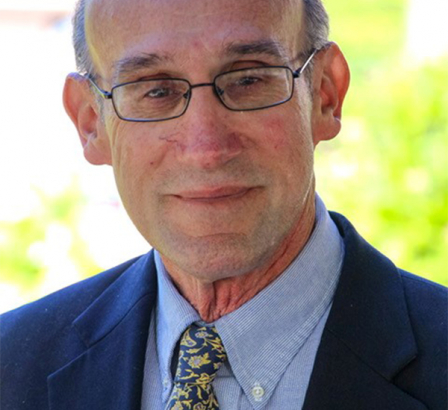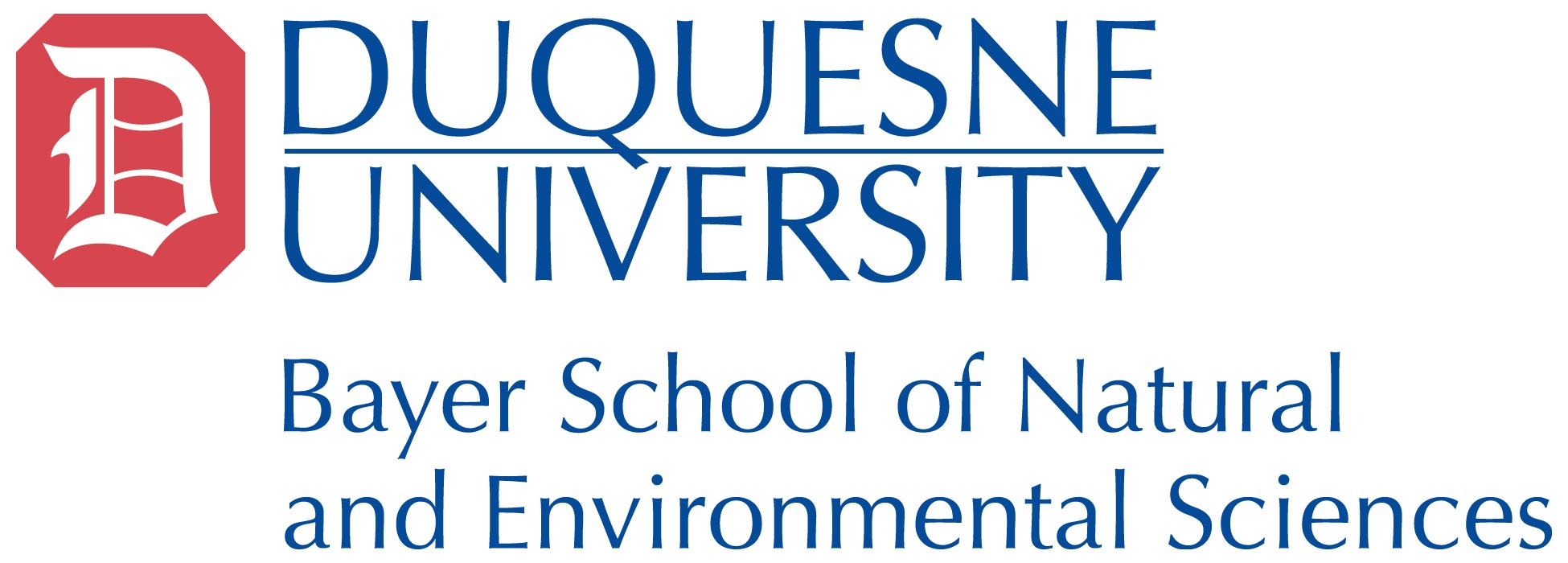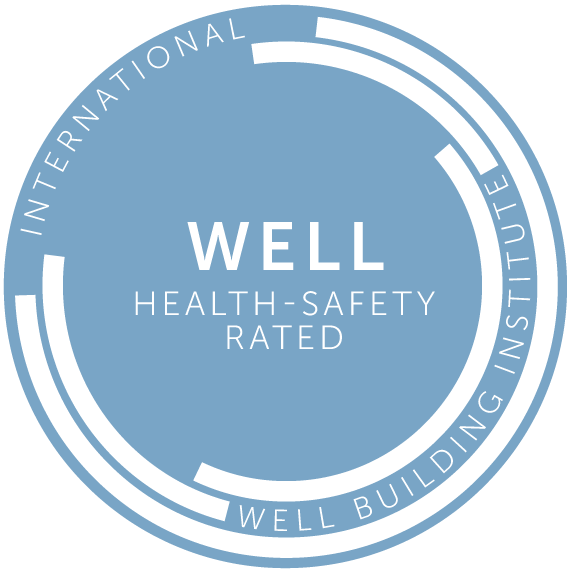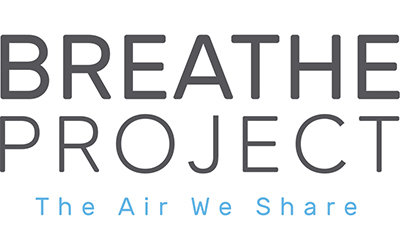Nature of Place Symposium 2020
On Feb. 19 – 20, 2020 the inaugural Nature of Place Symposium united thought leaders across disciplines to explore the human experience of biophilia, highlight the values and importance of the concept of a biophilic city, and build excitement and appreciation for the importance of green space in cities.
In this online resource, the Nature of Place contributors present video, written summaries and more to take you inside this important gathering and invite you to join the conversation on these vital issues.

How to Use This Resource:
The Nature of Place Symposium was structured in four sessions, each with its own set of presentations. In this resource, you'll find each session represented by video of its presentations and panel video along with written summaries and supplementary resources.
Keynote Address: Environmental Strategies for Disease, Injury and Violence Prevention
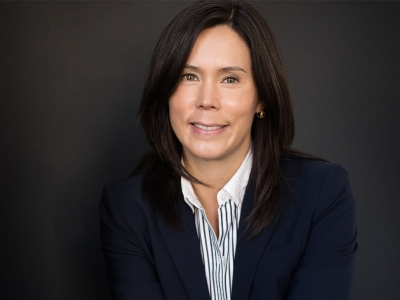 In her keynote address, USDA Forest Service research social scientist Dr. Michelle C. Kondo shared her research on the relationship between nature and human health and the benefits of vacant lot greening. By implementing changes in our cities and implementing more green spaces, we can create quality places in which all people, Dr. Kondo says, can feel a sense of pride and attachment.
In her keynote address, USDA Forest Service research social scientist Dr. Michelle C. Kondo shared her research on the relationship between nature and human health and the benefits of vacant lot greening. By implementing changes in our cities and implementing more green spaces, we can create quality places in which all people, Dr. Kondo says, can feel a sense of pride and attachment.
Session 1: Sense of Place
Pittsburgh is a member of the Biophilic Cities Network, which means is it is committed to the idea of green, healthy place for its residents to live. What are the benefits of bringing elements of nature in our built environment and how can we do that successfully?
The Presentations:
Designing a City of Awe: Cultivating Wonder, Connection and Empathy in the Biophilic City
The Lost Language of Love in Architecture
Seeking Connections With Nature Through Community Gardens
Panel Discussion:
Session 2: Health and Wellness
What are the human health benefits of spending time in nature and including biophilic design in our built environment?
The Presentations:
Access to Nature for Human Health and Sustainability
The Influence of Nature on Child Development: A Review of the Evidence Through the Lens of a Local Pediatrician
Nature, Spirit and Power Tools: A Look at "Deep Biophilia"
Panel Discussion:
Session 3: Spirituality and Equity
Biophilia has been woven into the tapestry of human culture and spirituality for ages, and it appears in many forms, including traditional ecological knowledge. What can we learn from this, and how do we acknowledge and address the fact that this relationship to nature has not been equitably respected?
The Presentations:
The Love of Life and the Life of Love: Exploring the Psycho-Spiritual Implications of Biophilia
Giving Thanks for the Natural World — Contemporary Onödowa’ga:’ Environmental Caretaking
Tūhononga: The Interconnection of Māori and Nature
Panel Discussion:
Session 4: Access to Nature
Access to nature is vital to humanity, but how do we ensure that access is equitable and that the importance of it is understood?
The Presentations:
Natural State of Mind: Key Methodologies, Findings and Research Gaps in Ecopsychology
The Imperative of Racial Equality in the Nature Connection Movement
Pittsburgh as a Biophilic City
The Benefits of Nature for Every Age
Panel Discussion:
Join the Movement!
Stay informed on upcoming Nature of Place events:
The Phipps Research Institute for Biophilia and Science Engagement acknowledges the connection between human and environmental health. The institute studies the built and natural environments and their intersection with human health and wellness.
Questions? Contact Dr. Maria Wheeler-Dubas at mwheeler-dubas@phipps.conservatory.org.
Select photos © Paul g. Wiegman
Sponsored in Part by
An Anonymous Family Foundation
